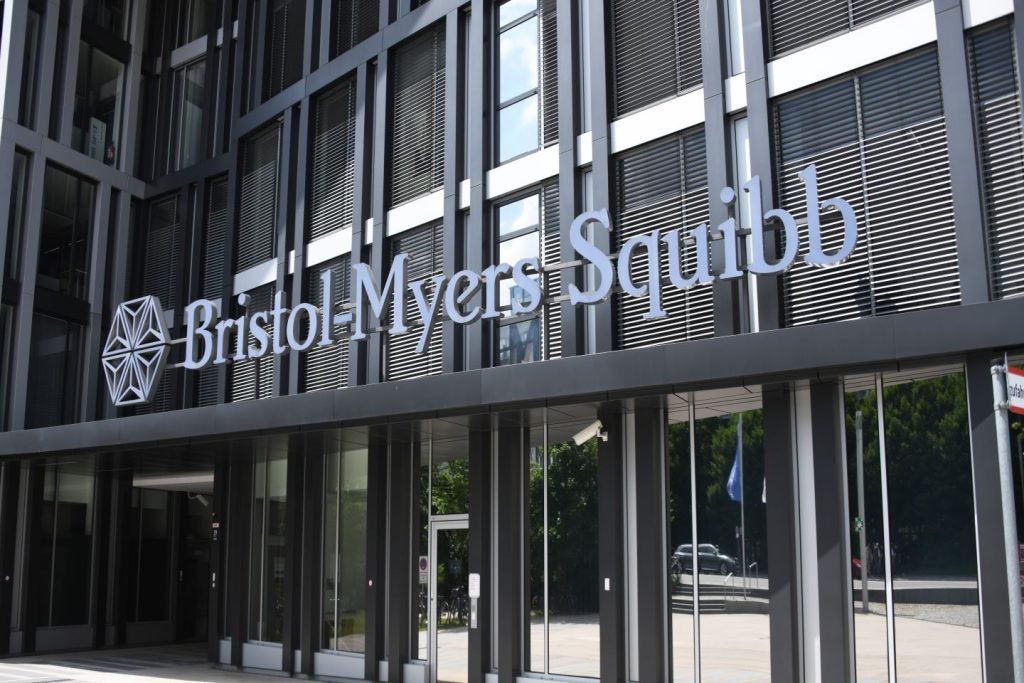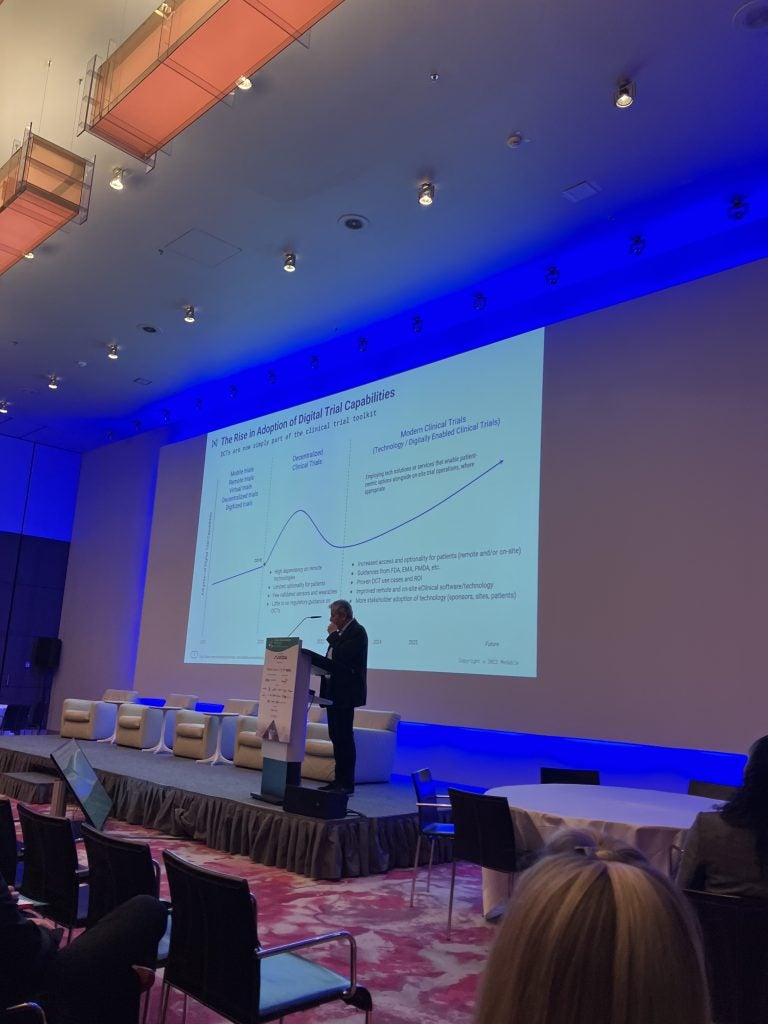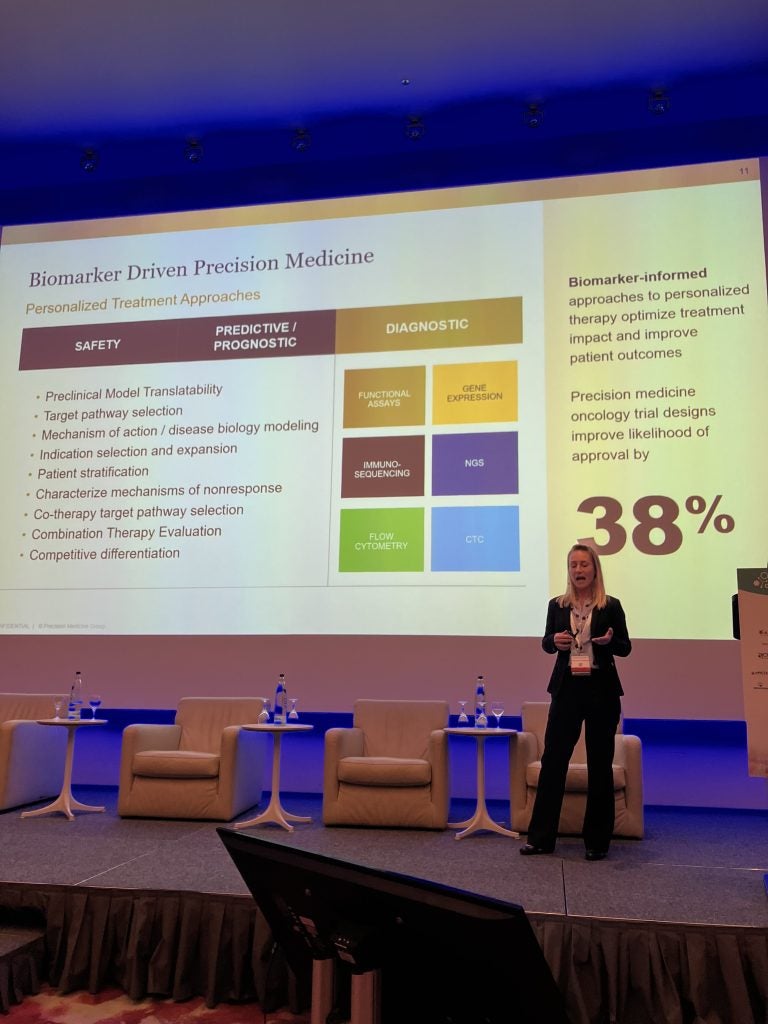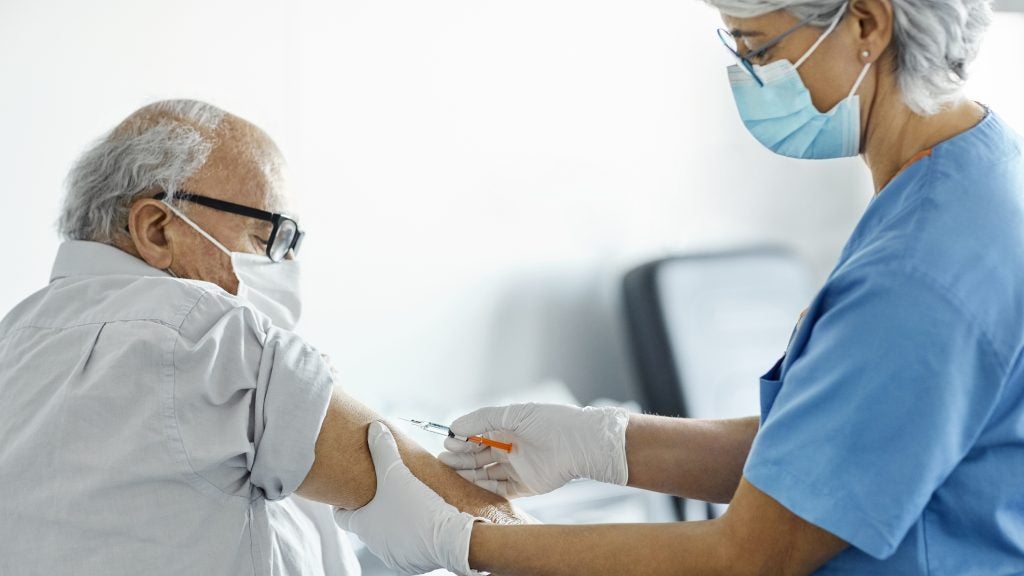Avidity Biosciences has entered an international licencing and research partnership with Bristol Myers Squibb (BMS) to discover, develop and market cardiovascular targets in a $2.3bn deal.
Avidity will receive an upfront payment of $100m.
This comprises $60m to be paid in cash and $40m for the purchase of the company’s common stock.
BMS will make milestone payments of $2.2bn to Avidity, apart from royalty payments based on net product sales.
Research and development-based milestone payments could be up to $1.35bn. $825m will be paid on meeting commercial milestones.
All clinical development, as well as regulatory and commercialisation work linked to this partnership, will be financed by BMS.
The companies will work on up to five targets in the cardiovascular field utilising Avidity's antibody oligonucleotide conjugate (AOC) platform technology.
Created to act on the diseases’ root causes, which were previously untreatable with RNA therapies, AOCs merge the monoclonal antibodies’ specificity with the precision of oligonucleotide treatments.
The new deal in the cardiovascular field is an expansion of an already existing deal between the companies.
Avidity signed a research partnership with BMS subsidiary, MyoKardia, in 2021 to study the potential of AOCs in cardiac tissue.
Avidity Biosciences president and CEO Sarah Boyce stated: “We are excited to expand our collaboration with Bristol Myers Squibb, who are world leaders in cardiovascular drug discovery and development.
“This strategic collaboration solidifies our commitment to cardiology as we continue to advance our own research and development programmes in cardiac indications.”
Avidity's internal discovery pipeline comprises candidates for the treatment of rare skeletal muscle ailments and cardiac muscle diseases.
Three of the company's rare disease programmes are currently at the Phase I/II clinical trial stage.
The latest development comes after BMS received priority review from the US Food and Drug Administration for its Breyanzi (lisocabtagene maraleucel) to treat patients with relapsed or refractory chronic lymphocytic leukaemia or small lymphocytic lymphoma.
















